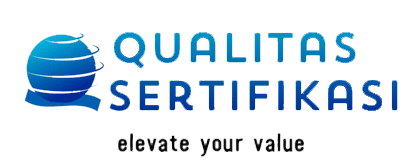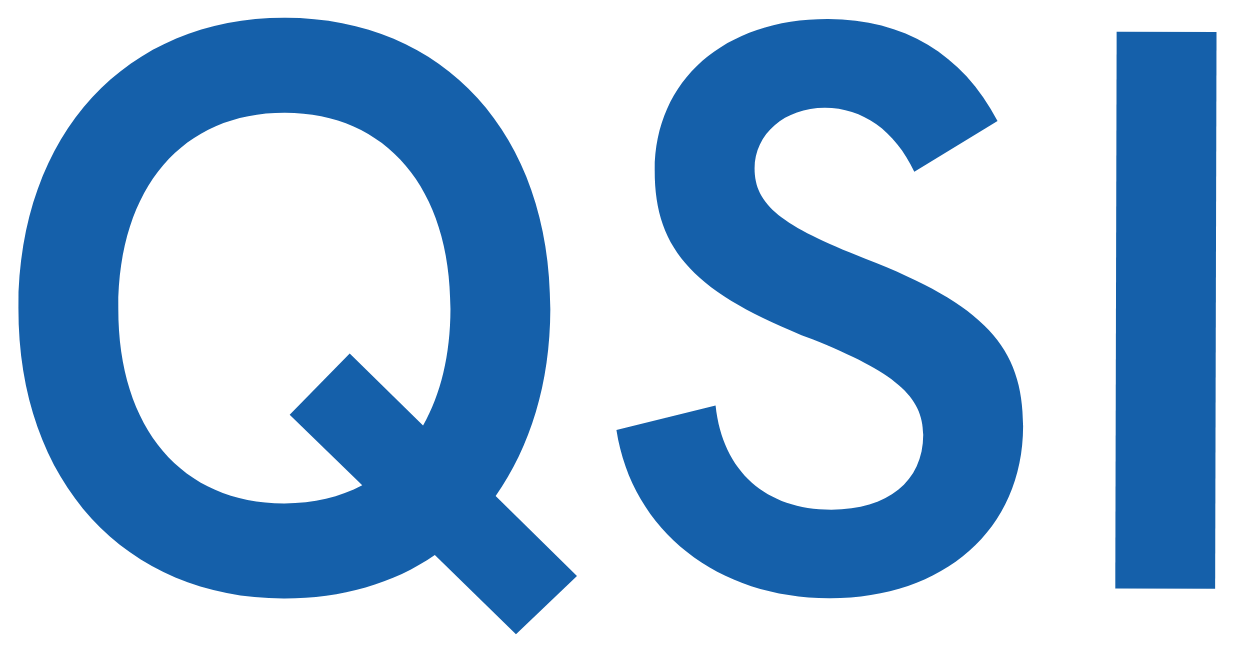ISCC CORSIA
ICAO and the aviation industry have committed themselves to carbon neutrality under the framework of the Carbon Offsetting and Reduction Scheme for International Aviation (CORSIA).
To contribute to this pioneering endeavor, ISCC developed ISCC CORSIA and ISCC CORSIA PLUS as certification systems which demonstrate compliance with the CORSIA requirements for sustainable aviation fuels.
ISCC CORSIA and ISCC CORSIA PLUS differ only in the scope of sustainability requirements that they cover.
Materials Covered
A wide range of agricultural and forestry raw materials,
as well as waste, residues, and by-products.
Scope of Application
Sustainable aviation fuels (SAF) eligible under the ICAO CORSIA scheme.
Acceptance of Other Schemes
- Acceptance of all ICAO CORSIA recognized schemes (under ISCC CORSIA);
- Acceptance of other schemes under ISCC CORSIA PLUS subject to positive benchmarking.
Benefits of ISCC PLUS
The ISCC PLUS certification is an internationally recognized sustainability certification that extends beyond biofuels to include food, feed, chemicals, plastics, textiles, and circular economy products:
Meets ICAO’s CORSIA Requirements
Ensures that your sustainable aviation fuel (SAF) complies with CORSIA’s sustainability criteria and GHG reduction mandates.
Market Access
Airlines are required to reduce carbon emissions under CORSIA, increasing demand for certified SAF suppliers.
Industry Recognition
ISCC CORSIA enhances credibility and strengthens your position in the global SAF market.
Supports Carbon Neutrality & Net-Zero Aviation Goals
Certified SAF helps airlines achieve mandatory and voluntary carbon reduction targets.
Who is This Certification for?
The ISCC CORSIA applies to businesses that produce, trade, or use sustainable feedstocks and aviation fuels to meet global carbon reduction goals in the aviation sector:
SAF Producers & Refiners
Fuel Distribution Companies
UCO Collectors & Suppliers
Traders
Certification Process
1. Fill the Application Form
Companies must complete and submit the application form with the necessary details
2. Application Review
The submitted application is reviewed to verify completeness and eligibility
3. Complete the Audit Payment
Upon approval of the application, the company proceeds with the required audit payment
4. Plan the Audit
The audit schedule is arranged based on mutual agreement between QSI and the client
5. Conduct the Audit
An audit is performed to assess compliance with the relevant standards
6. Certification Decision
Based on the audit results, QSI decides whether to:
- approve, or;
- reject the certification.
If rejected, companies may follow the appeal procedure
7. Certificate Issuance
If approved, the certification is granted, and the certificate is issued.










